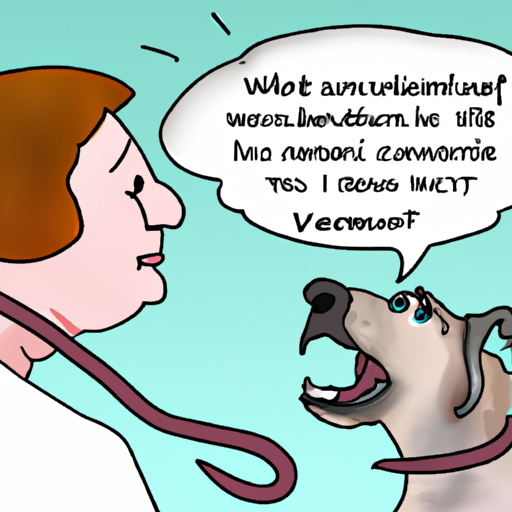As a caregiver, it’s essential to understand the ins and outs of your furry friend’s health. One such topic is whipworms, a common but treatable problem.
Understanding Whipworms
Whipworms, also known as Trichuris vulpis, are a type of intestinal parasite that commonly infects dogs. They get their name from their whip-like shape, with a thick end and a thin end. Whipworms latch onto the intestine’s lining and feed on your dog’s blood, which can cause numerous health issues.
Recognizing the Symptoms of Whipworms
Being aware of the potential signs of whipworms can aid in early detection and treatment. Your dog may exhibit:
- Diarrhea, possibly with blood
- Weight loss
- Anemia
- Dehydration
- Lethargy
Remember, these symptoms can also be a sign of other health issues, so it’s crucial to consult your vet for an accurate diagnosis.
Diagnosis and Treatment
Your vet will typically diagnose whipworms through a fecal floatation test. This involves examining a stool sample under a microscope for whipworm eggs.
Treatment is generally straightforward and involves deworming medication. The table below shows some common medications:
| Medication | Dosage | Frequency |
|---|---|---|
| Fenbendazole | Varies by weight | Daily for 3-5 days |
| Milbemycin | Varies by weight | Monthly |
| Febantel | Varies by weight | Single dose |
Prevention is Better Than Cure
To prevent your dog from getting whipworms:
- Regularly clean and disinfect your dog’s living area
- Ensure your dog doesn’t eat feces, soil, or other potentially infected material
- Regularly get your dog tested for parasites
- Use preventative medication as advised by your vet
Long-Term Management
Whipworms are not a one-time problem. Dogs can get re-infected, and whipworm eggs can survive in the environment for years. Regular check-ups and preventative measures are critical.
Frequently Asked Questions
Q: Can humans get whipworms from dogs?
- A: It’s unlikely, as the species of whipworm that affects dogs is different from the one that infects humans.
Q: How long does it take for whipworms to be eliminated after treatment?
- A: It can take up to three months for all whipworms and their eggs to be eliminated.
Q: Can all dogs get whipworms?
- A: Yes, all dogs are susceptible to whipworms, but those in crowded or unsanitary conditions are at higher risk.
Remember, as a caregiver, your dog’s health is in your hands. Regular vet check-ups, a clean environment, and preventative measures can help keep your furry friend whipworm-free.



